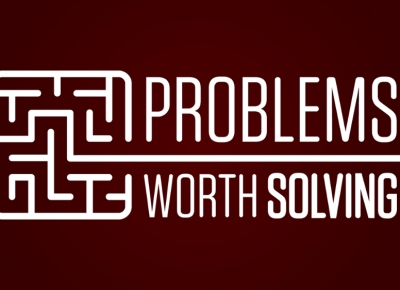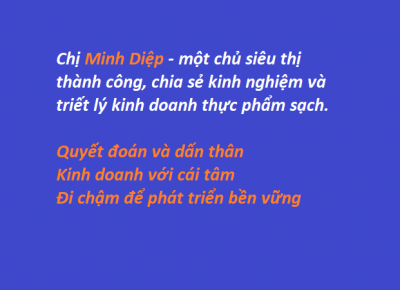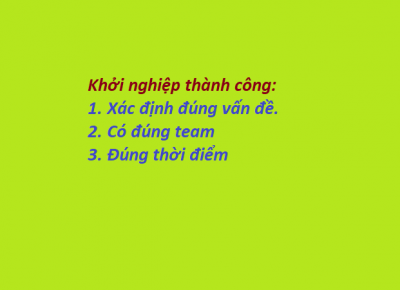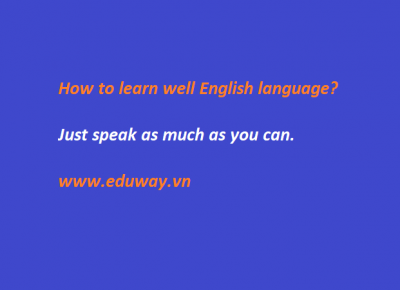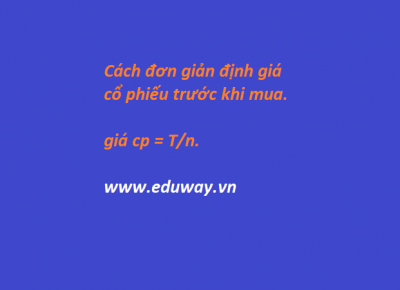Attention is expensive
“Ineluctable modality of the visible.” So begin the musings of Stephen Dedalus as he walks along Sandymount Strand in the third chapter of James Joyce’s “Ulysses.” “Signatures of all things I am here to read.” The chapter isn’t just a tour de force of prose writing. It’s an exquisitely sensitive depiction of a mind at play. Conscious of his own consciousness, Dedalus monitors his thoughts without reining them in. He’s at once focused and unfocused. Seemingly scattered ideas, sensations and memories coalesce into patterns, into art.
Brain researchers and Zen masters call this state of mind “open awareness,” the science writer Daniel Goleman reports in his new book, “Focus.” According to Goleman, the author of “Emotional Intelligence,” it’s a form of attentiveness characterized by “utter receptivity to whatever floats into the mind.” Experiments suggest it’s also the source of our most creative thoughts. Going beyond “orienting,” in which we deliberately gather information, and “selective attention,” in which we concentrate on solving a particular problem, open awareness frees the brain to make the “serendipitous associations” that lead to fresh insights. Artists and inventors alike seem unusually adept at such productive daydreaming.
We tend to think of attention as a switch that’s on or off — we’re focused or we’re distracted. That’s a misperception. Attention, as Goleman explains, comes in many varieties. Its extreme forms tend to be the most limiting. When we’re too attentive, we fall victim to tunnel vision. The mind narrows. When attention is absent, we lose control of our thoughts. We turn into scatterbrains. Open awareness lies in a particularly fertile area between the poles. It gives us entry into what Nathaniel Hawthorne, in one of his notebooks, described as “that pleasant mood of mind where gaiety and pensiveness intermingle.”
All forms of attention, Goleman argues, arise from the interplay between two very different parts of the brain. The older, lower brain, working largely outside of consciousness, constantly monitors the signals coming in from the senses. Acting as a warning system, it alerts us to shifts in our surroundings, pains in our body, memories of worrying events. Such “bottom-up” attention, as neuroscientists call it, is impulsive, uncontrolled and often commanded by fear and other raw emotions. The alerts that stream from the lower brain are so visceral that, when they pop into the conscious mind, they’re hard to resist.
Working to control all those primitive impulses is the neocortex, the brain’s more recently evolved outer layer. The source of voluntary, or “top-down,” attention, the neocortex’s executive-control circuitry is what enables us to screen out distractions and focus our mind on a single task or train of thought. Without it, we’d have the attention span of a chipmunk. “Top-down wiring,” Goleman writes, “adds talents like self-awareness and reflection, deliberation and planning to our mind’s repertoire.” As we go through the day, the direction and steadiness of our mental gaze are shaped by the “continual dance” between the top-down and bottom-up systems of attention.
Attention is not only a product of brain function. It’s also influenced by culture and, in particular, by the technologies we use to navigate and make sense of the world. Goleman’s book arrives at a time of growing anxiety about what he terms “the impoverishment of attention.” Our smartphones and other networked gadgets allow us to jack into an unending supply of messages and alerts. Some of them are important, some of them are trivial, but all of them demand notice. The resulting “neural buzz” can easily overwhelm our ability to control our focus. We become prisoners of our bottom-up attention circuits.
What appears to be most at risk is our ability to experience open awareness. Always a rare and elusive form of thinking, it seems to be getting rarer and more elusive. Our modern search-engine culture celebrates information gathering and problem solving — ways of thinking associated with orienting and selective focus — but has little patience for the mind’s reveries. Letting one’s thoughts wander seems frivolous, a waste of practical brainpower. Worse, our infatuation with social media is making it harder to hear the mind’s whispers. Solitude has fallen out of fashion. Even when we’re by ourselves, we’re rarely alone with our thoughts.
In the end, we may come to see the flights and fancies of open awareness as not only dispensable but pathological. Goleman points out that the brain systems associated with creative mind-wandering tend to be “unusually active” in people with attention-deficit disorder. When they appear to be “zoning out,” they may actually be making novel connections between far-flung ideas. If Stephen Dedalus or, for that matter, James Joyce were growing up today, he might well receive a diagnosis of A.D.H.D. and be put on a diet of Adderall to curb vagrant thoughts. His stream of consciousness would be dammed up into a stagnant pool.
Trained as a psychologist, Goleman knows his way around a brain. His earlier works on emotional intelligence popularized the notion that being smart involves more than acing the SAT. One reads “Focus” with the hope that it will perform a similar function for open awareness and other forms of attentiveness now under siege. But the book suffers from an attention disorder of its own. Its brief chapters jump from topic to topic, the links between them growing ever more tenuous. We get discursive lessons on ethics and empathy, systems theory and skill building, even climate change and business strategy. “Focus” lacks focus.

